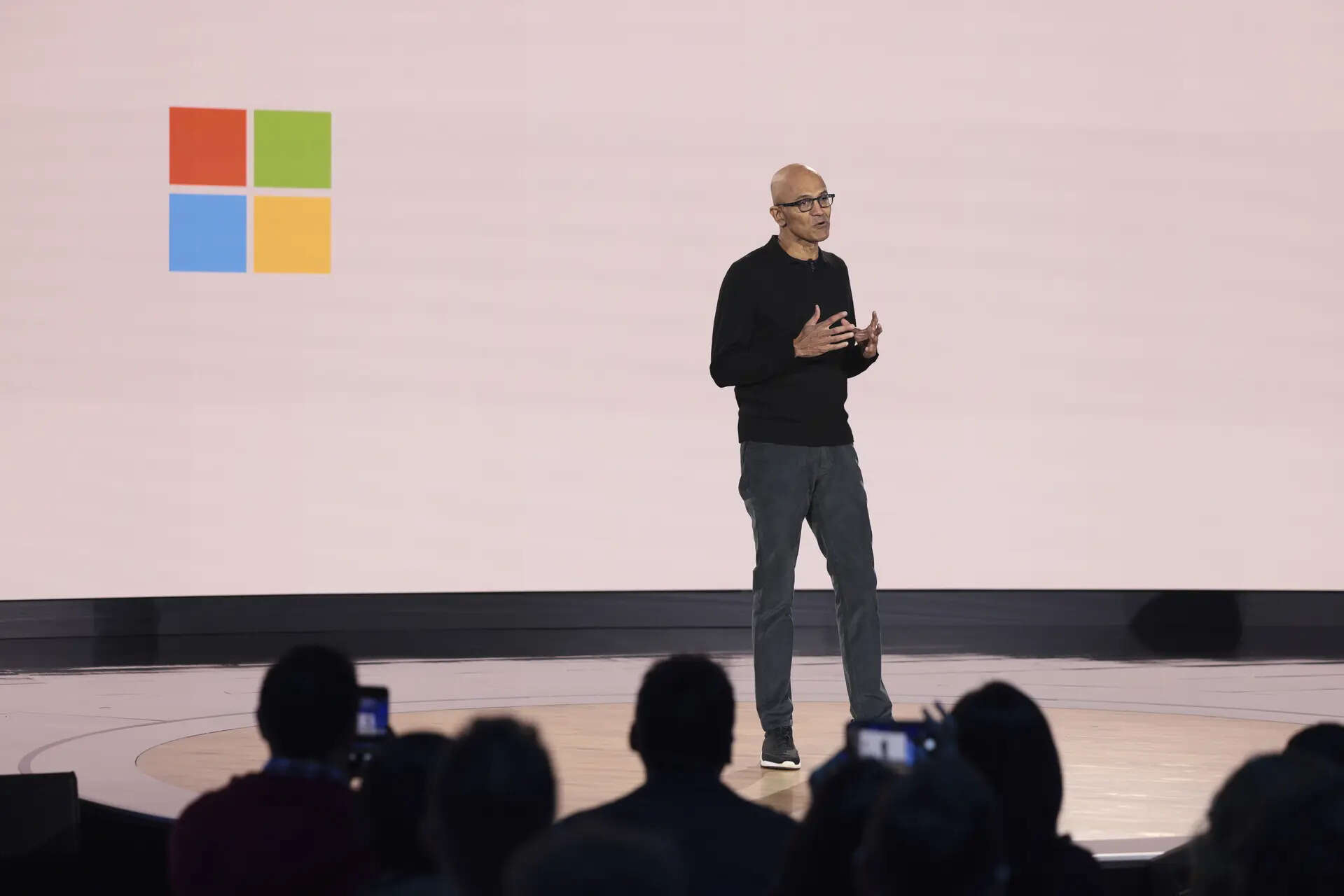Microsoft employee bypasses ‘Palestine’ email block – this bold move has sparked a new wave of activism within the tech giant. Amid growing unrest about its business ties with Israel, a senior Microsoft engineer bypassed internal censorship to send an all-staff email in solidarity with Palestine.
The incident has raised serious questions around corporate censorship, free expression in the workplace, and Microsoft’s controversial contracts with the Israeli government.
Why the Email Block Was Enforced
Over recent weeks, Microsoft reportedly began blocking internal mass emails that included terms like “Palestine,” “Gaza,” and “genocide.” The company claimed this move was intended to reduce non-work-related mass emails. However, critics saw it as a politically motivated suppression of employee voices on human rights issues.
Multiple staffers reported failed or delayed emails containing these terms—even when directed to internal HR or employee resource groups. The block drew internal backlash, with employees calling it a direct violation of ethical communication standards.
The Employee Who Bypassed the Block
On May 23, 2025, Nisreen Jaradat, a senior support engineer at Microsoft, bypassed the ‘Palestine’ email block to send a company-wide email. Her message accused Microsoft of supporting “Israeli apartheid” and criticized its lucrative government contracts that allegedly aid surveillance in Gaza.
Jaradat wrote:
“Microsoft wants to silence us, but it can’t get rid of us.”
She encouraged colleagues to join the “No Azure for Apartheid” campaign—an internal protest against Microsoft’s cloud computing services being used by Israeli government agencies.
Microsoft’s Response and Ethical Dilemma
Microsoft responded by stating that mass non-work emails—regardless of topic—are against company policy. However, employees noted a selective enforcement targeting only pro-Palestinian messages.
The company’s contract with Israel’s government for Azure cloud services has been under scrutiny since 2023. Activists and some staff allege the technology aids military operations and mass surveillance.
This controversy reflects wider issues in Big Tech around ethics, free speech, and global accountability.
Employee Reactions and Internal Uprising
Jaradat’s email was met with both applause and caution. Many employees responded in support, sharing the email within internal channels like Microsoft Teams, using code words to bypass filters. Some staff have since joined internal resistance groups anonymously.
This is not the first time Microsoft faced internal unrest. Similar protests erupted during contracts with ICE (U.S. Immigration and Customs Enforcement) in 2018. The company ultimately chose to maintain the contracts despite internal opposition.
Free Speech vs Company Policy: A Global Dilemma
This incident shines a light on the increasing tension between corporate neutrality and the growing demand for tech firms to take a stand. When global conflicts become workplace debates, companies like Microsoft face a crossroads: enforce internal peace or allow moral expression?
Other tech giants like Google and Amazon have faced similar internal protests over their roles in military surveillance and policing. It’s clear the new generation of tech workers demand ethical clarity—not just stock options.
Conclusion: What’s Next for Microsoft and Free Expression?
This protest by a Microsoft employee who bypassed the ‘Palestine’ email block may be a tipping point. It’s part of a broader trend where tech workers no longer want to be silent coders—they want their companies to reflect their values.
Whether Microsoft adjusts its policies or doubles down remains to be seen. But one thing is clear: corporate silence is no longer neutral, and employees are becoming powerful agents of change.
Stay with us for latest news!!!!



